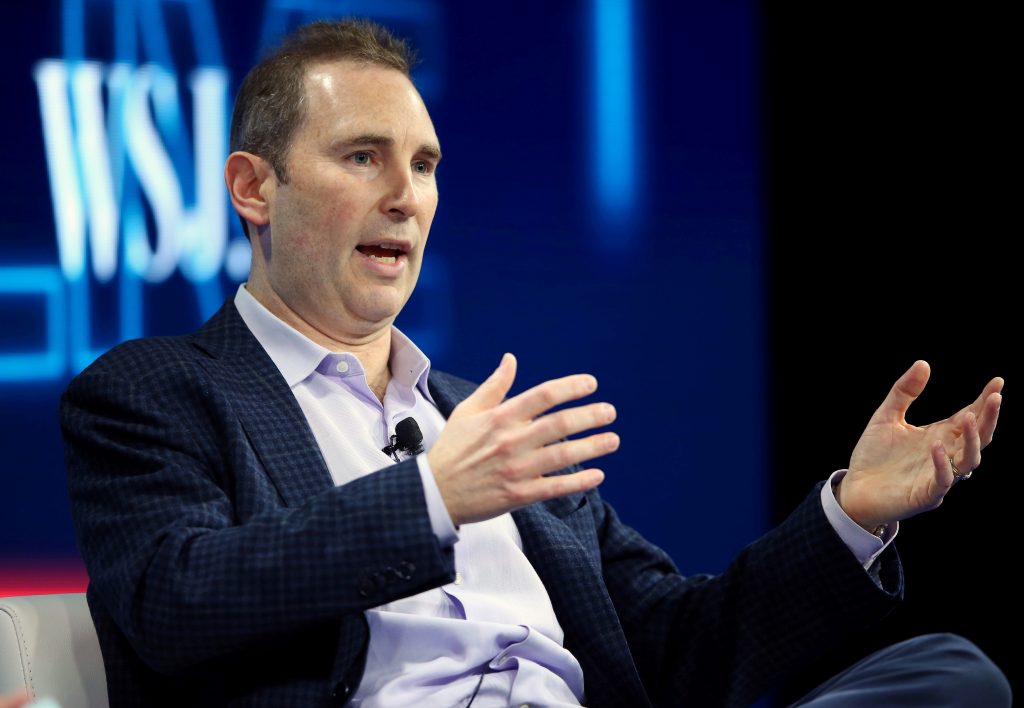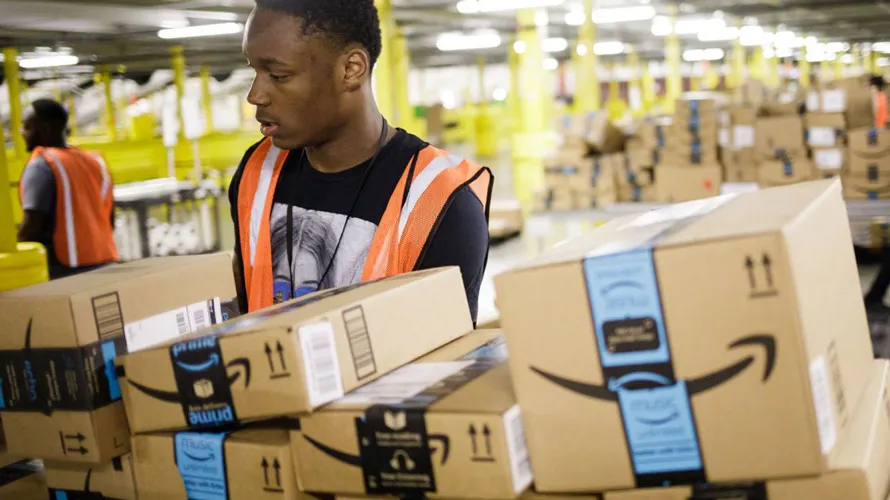Amazon has made a decisive move by announcing that its corporate employees will be required to return to the office five days a week starting in January 2025. This marks a significant shift from the current hybrid model, where workers are only required to come in three days a week, a policy introduced in response to the COVID-19 pandemic.
Amazon’s CEO Andy Jassy explained that the decision stems from the company’s belief that in-office work fosters better collaboration, innovation, and stronger company culture. He noted that working together in person helps employees learn, model behavior, and connect more effectively. However, the change has sparked controversy. Earlier, when Amazon reduced work-from-home days to three, it faced protests, including a walkout by over 2,000 employees. Given the uproar over that policy, it’s anticipated that this new mandate could lead to even more discontent among staff.

The Bigger Picture: Is Remote Work Dying?
Amazon’s decision reflects a broader trend across many industries, where companies are pulling back on remote work privileges. Other tech giants, such as Dell and Apple, have also imposed stricter in-office mandates, signaling that the hybrid model that gained traction during the pandemic might be on its way out for large corporations. However, the debate about the future of work is far from over.
While some employees with special circumstances, such as health issues or emergencies, may still work from home occasionally, Amazon’s hard stance indicates a broader trend of large corporations pulling back from flexible work arrangements, signaling a possible end to the remote work era for many businesses.

However, there are still numerous companies that are opting for more flexible work models, with some even ditching physical office spaces entirely. The divide between remote and office work remains a key issue for both businesses and employees, with advocates on both sides citing benefits and drawbacks. While companies like Amazon see in-person work as crucial for fostering innovation and maintaining company culture, many employees believe that flexibility leads to higher morale and productivity.
What’s next?
For now, it appears that Amazon is committed to reinstating a traditional work model, betting that the long-term benefits of office collaboration will outweigh any short-term friction with employees. Whether this decision will lead to increased productivity or further employee dissatisfaction remains to be seen. One thing is clear—Amazon’s full return-to-office mandate is a key moment in the ongoing conversation about the future of work.
As the January 2025 deadline approaches, it will be interesting to see how Amazon’s workforce adjusts, and whether other major companies follow suit. Is this truly the end of the remote work revolution, or just another chapter in an evolving workplace dynamic? Only time will tell.














